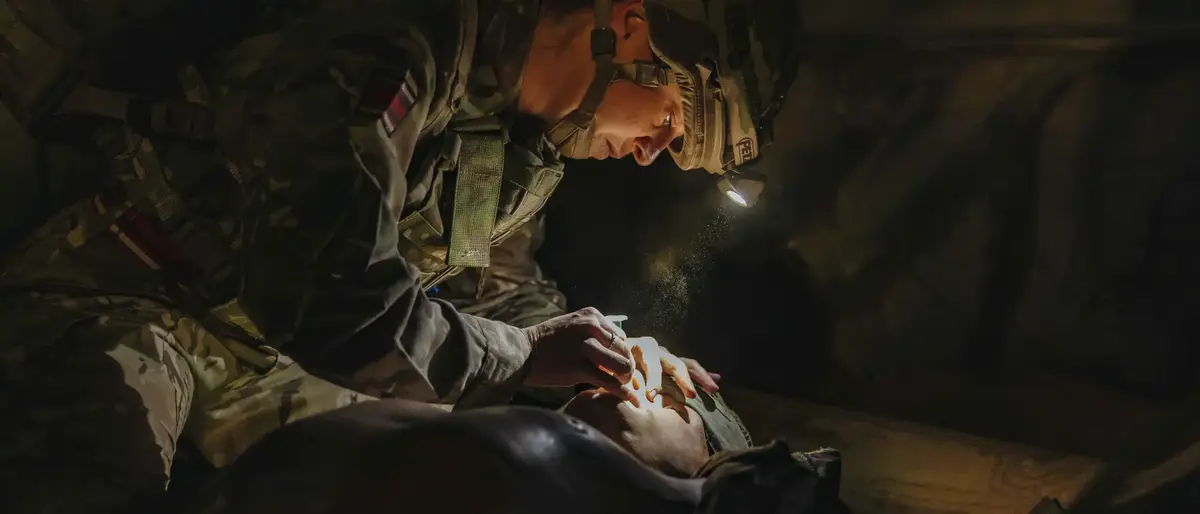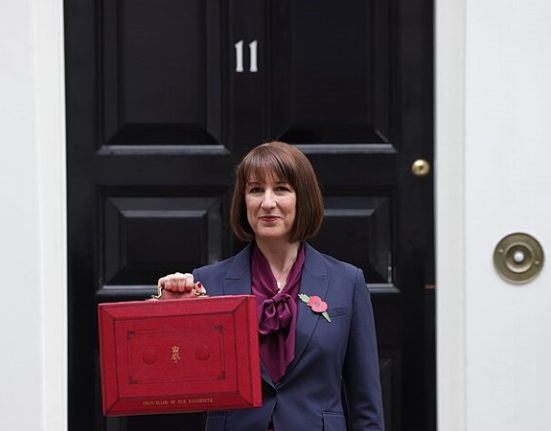Bridging the medical skills gap
The British Army has unveiled an enhanced Combat Life Saver (CLS) role to meet the demands of modern warfare, replacing the existing Team Medic position.
The new role will bridge the gap between basic first aid given to all soldiers and the specialist expertise of trained combat medics, enabling non-medical personnel to deliver more advanced life-saving care on the battlefield.
CLS soldiers will be trained to NATO standards, ensuring medical consistency when operating alongside allied forces. One major advancement is the ability to carry out a needle decompression of the chest – a procedure previously reserved for combat medics – to treat life-threatening chest injuries.
Training to save lives
The updated CLS training course runs for five days, doubling the length of the former programme.
It covers treatment from the point of injury through to evacuation, with modules on head injury care, hypothermia management, pain control, splinting, applying tourniquets and calling in a medical evacuation.
The course also adopts the updated ‘MARCH’ protocol – Massive haemorrhage, Airway, Respiration, Circulation, Hypothermia/Head injury – replacing the previous CABC approach.
WO2 Aaron Wrigley, 16 Medical Regiment, who helped develop the course, said: “Medical personnel play a crucial role in supporting combat operations. Their mission is to provide rapid medical care to injured personnel, saving lives and returning those capable back into the fight.”
Training the trainers
A dedicated five-day instructor course has also been created for nurses, combat medics and doctors to prepare them to teach CLS skills within their own units.
Training takes place at 16 Medical Regiment HQ in Colchester, which features two environmental rooms – including a realistic jungle setting with sound and lighting effects – to replicate operational conditions.
Captain James Archdeacon, who co-designed the course, explained: “When using their medical skills for real, soldiers won’t be in a classroom. Immersive, challenging environments help make the training more effective.”







